‘Environment and Climate Crisis is a Public Health Crisis’

28 coal power plants, of 100+ MW-capacity each, led to 3,070 premature births and 4,818 early deaths in Turkey in 2019, due to air pollution they caused.
The second decade of the 21st century has ended with a global pandemic. It seems that the third decade will be consecrated to understanding the causes and consequences of the pandemic, while overhauling its damages. Compelling arguments suggest that the environmental and climate crisis lies behind Covid-19. Moreover, if business as usual continues, new viruses and epidemics are around the corner. That is, the 21st century may go down in history as the epoch, when the climate crisis turned into a public health crisis in the form of heat waves and new infections.
Turkey is not immune to the impact of these crises. Health and Environment Alliance, or HEAL in short, is a project that aims to prepare Turkey for these crisis, through a perspective of protecting public health by setting up a collaborative platform focused on the environment and climate change.
The Project of Collaboration for the Environment, Climate and Health (ÇİSİP) has been launched to empower Turkey’s healthcare professionals in the fields of environment and climate policy. Sivil Pages conversed on the project, and the impact of environmental conditions on human health with the project’s coordinators Funda Gecal of HEAL – Health and Environment Union, academician Dr. Melike Yavuz, Berkay Hacımustafa HEAL coordinator of Public Health Professionals’ Association’s (HASUDER) and Prof. Çiğdem Çağlayan of Public Health Department of Faculty of Medicine at Kocaeli University.
Here are some excerpts from the conversation.
What activities do you plan in this project? What’s the main goal?
 Melike Yavuz: According to World Health Organization estimates, 20% of deaths in Europe and Turkey are due to environmental factors. Climate change is the biggest public health peril of the 21st century, with more frequent heat waves and infectious diseases threatening human health. Fighting the environment and climate crisis, while protecting human health, can only be possible with the participation of many stakeholders.
Melike Yavuz: According to World Health Organization estimates, 20% of deaths in Europe and Turkey are due to environmental factors. Climate change is the biggest public health peril of the 21st century, with more frequent heat waves and infectious diseases threatening human health. Fighting the environment and climate crisis, while protecting human health, can only be possible with the participation of many stakeholders.
Setting off from this fact, HEAL-Health and Environment Alliance, HASUDER and Kocaeli University’s Department of Public Health jointly launched the Project of Collaboration for the Environment, Climate and Health (ÇİSİP) on April 1, 2020 to bring together all actors active in the field of environmental health. We aim to support healthcare professionals in Turkey in the field of environmental and climate policies, with EU’s financial support. The project will last three years.
“Air pollution damages children’s brains, overall resulting in a loss of 8,500 IQ points per year in Turkey,” you wrote before. Could you elaborate on that? Does air pollution lead to mental deficiency in children?
Berkay Hacımustafa: Air pollution, and especially the mercury from coal power plants polluting the air and water pose a serious risk for children, unborn babies, and pregnant women. Children exposed to air pollution and especially mercury have a higher risk of falling ill in the following years.
Mercury from coal plants easily mixes into the air. Mercury then passes into water due to gravitation or precipitation, and begins its toxic journey across the food chain, penetrating the human body through food even in those areas where no coal is burned. Consumption of seafood rich in mercury is very risky for pregnant women and young children in particular. During their developmental period, children are especially vulnerable to air pollution. Exposure to mercury during childhood results in cognitive deficiencies that cannot be remedied later.
 Funda Gacal: In February 2020, HEAL published the Chronic Coal Pollution Report, which states that in 2019, 28 coal power plants in Turkey, each with a capacity of 100 MW or above, caused 4,818 early deaths – too early for the average life span – 5,644 hospital admissions due to respiratory and cardiovascular diseases, 3,070 premature births, 237,037 days of asthma and bronchitis symptoms in asthmatic children, bronchitis cases in 26,500 children, 3,230 new bronchitis cases among adults, loss of 1,480,000 work days, 11,300,000 days of illness, and a loss of 8,850 IQ points due to mercury exposure – all solely because of air pollution.
Funda Gacal: In February 2020, HEAL published the Chronic Coal Pollution Report, which states that in 2019, 28 coal power plants in Turkey, each with a capacity of 100 MW or above, caused 4,818 early deaths – too early for the average life span – 5,644 hospital admissions due to respiratory and cardiovascular diseases, 3,070 premature births, 237,037 days of asthma and bronchitis symptoms in asthmatic children, bronchitis cases in 26,500 children, 3,230 new bronchitis cases among adults, loss of 1,480,000 work days, 11,300,000 days of illness, and a loss of 8,850 IQ points due to mercury exposure – all solely because of air pollution.
The annual cost of the health impact in Turkey and the affected regions is estimated between 47.41 to 99.37 billion Turkish Liras (5.20-10.90 billion EUR). It is estimated that, in Turkey alone, this health impact leads to healthcare expenditure of 26.07 to 53.60 billion Turkish Liras (2.86-5.88 billion EUR) per year, which corresponds to 27% of all healthcare spending.
What does the recent buzzword ‘Health Impact Assessment’ mean? Why is this concept important?
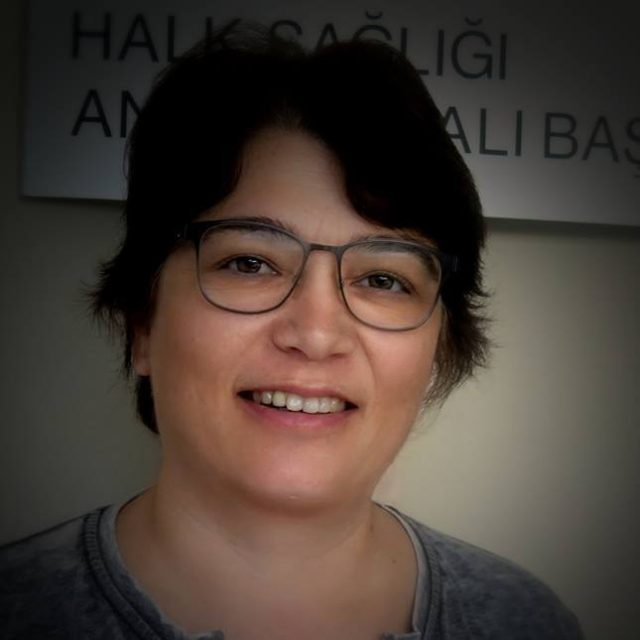 Çiğdem Çağlayan: Health Impact Assessment (HIA) is an approach for measuring the potential health effect of a policy, program or project on the society, particularly on fragile or disadvantaged groups. This approach can be implemented in various industries through the use of quantitative, qualitative and participatory techniques. Human health and well-being are shaped by a wide array of economic, social and environmental factors. Activities in many industries outside healthcare affect these factors. HIA is a participatory approach allowing people from various industries to collaborate.
Çiğdem Çağlayan: Health Impact Assessment (HIA) is an approach for measuring the potential health effect of a policy, program or project on the society, particularly on fragile or disadvantaged groups. This approach can be implemented in various industries through the use of quantitative, qualitative and participatory techniques. Human health and well-being are shaped by a wide array of economic, social and environmental factors. Activities in many industries outside healthcare affect these factors. HIA is a participatory approach allowing people from various industries to collaborate.
HIA participants assess the impact of a proposed action on their industry and other industries, as well as the potential impact of any change on health. HIA provides suggestions for decision makers and stakeholders to maximize the positive health impact of a project and to minimize its adverse health impact. HIA suggestions help prevent the adverse health consequences of a project under examination and protect and improve the health of vulnerable groups.

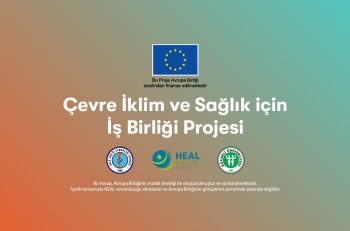

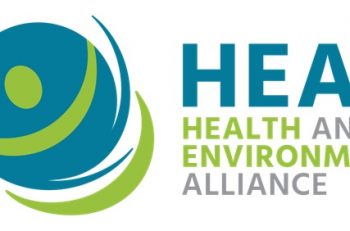
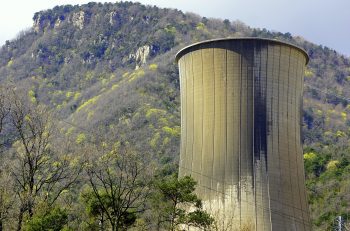
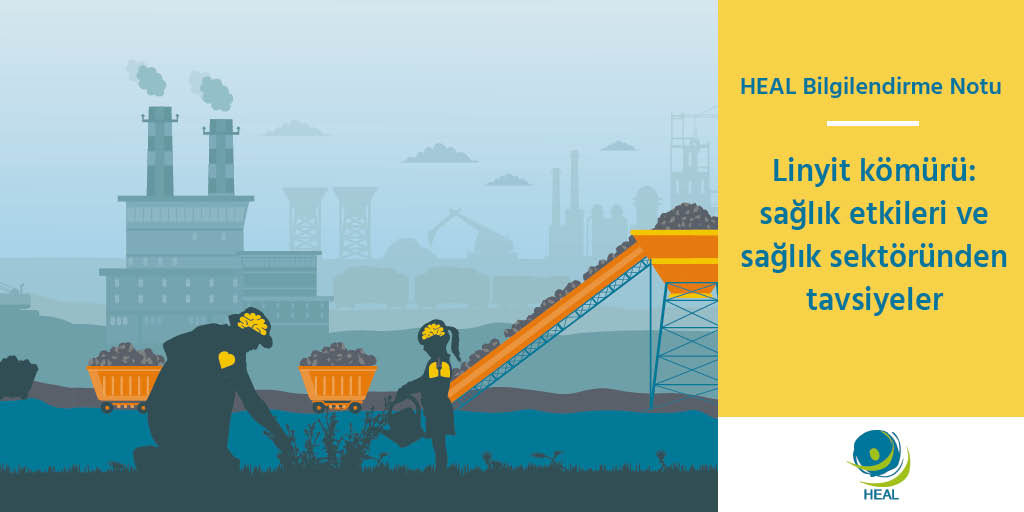
Bizi Takip Edin